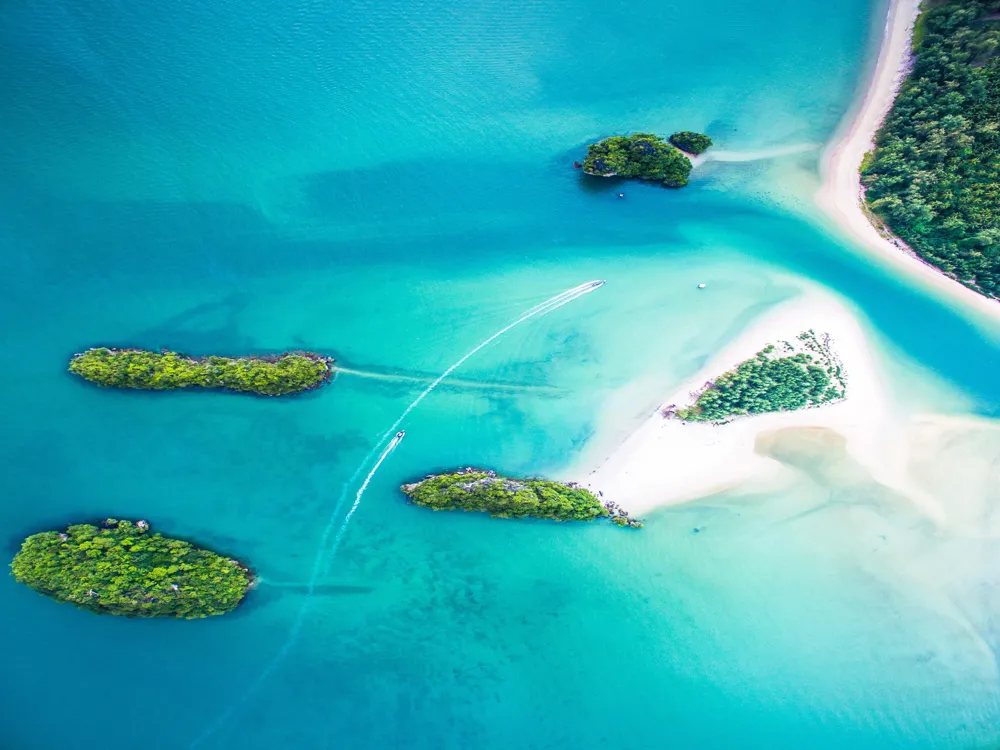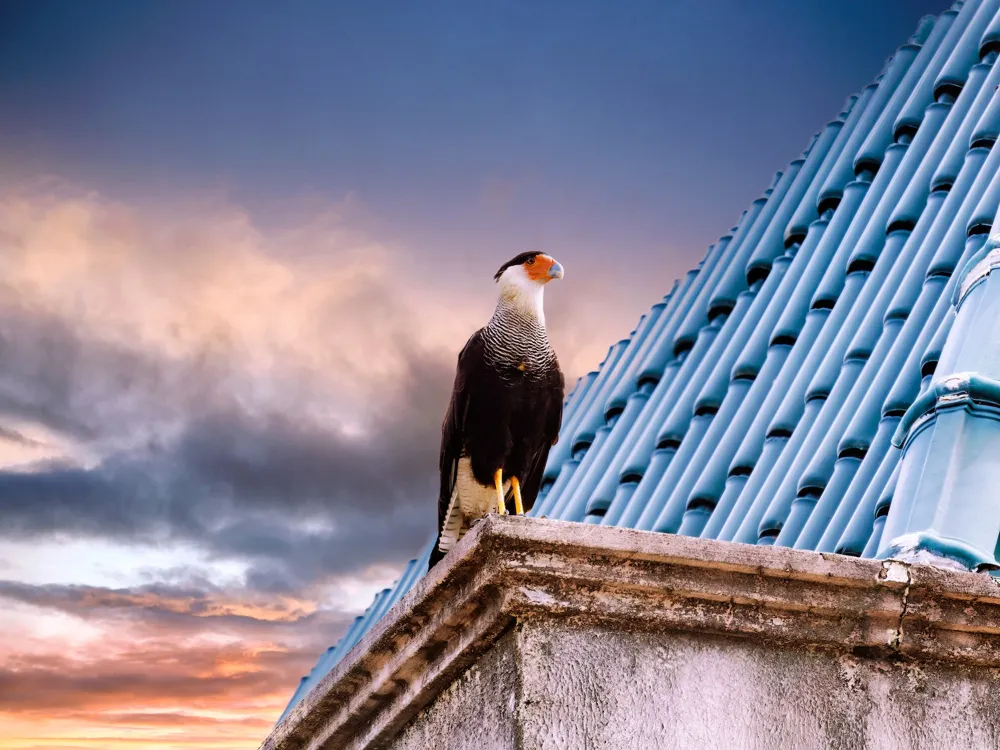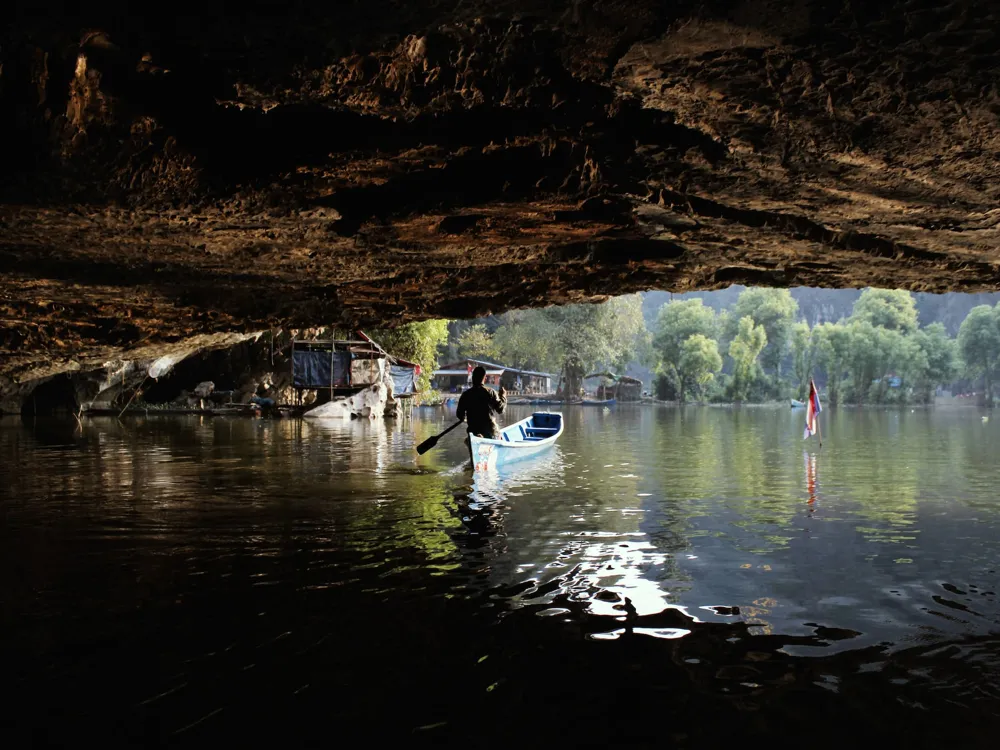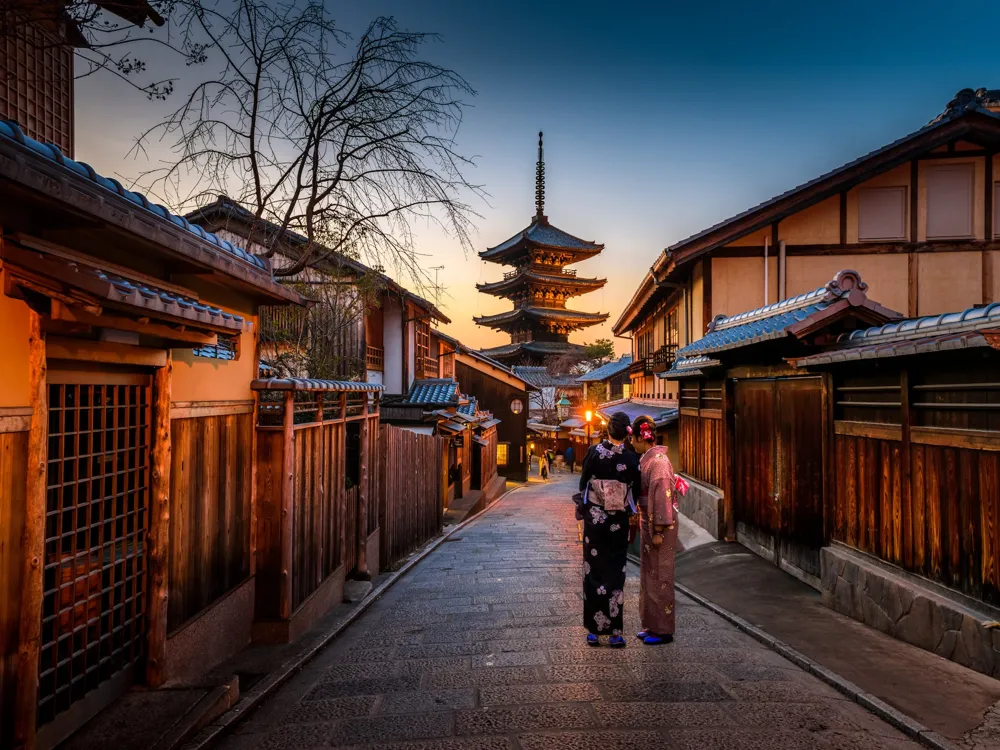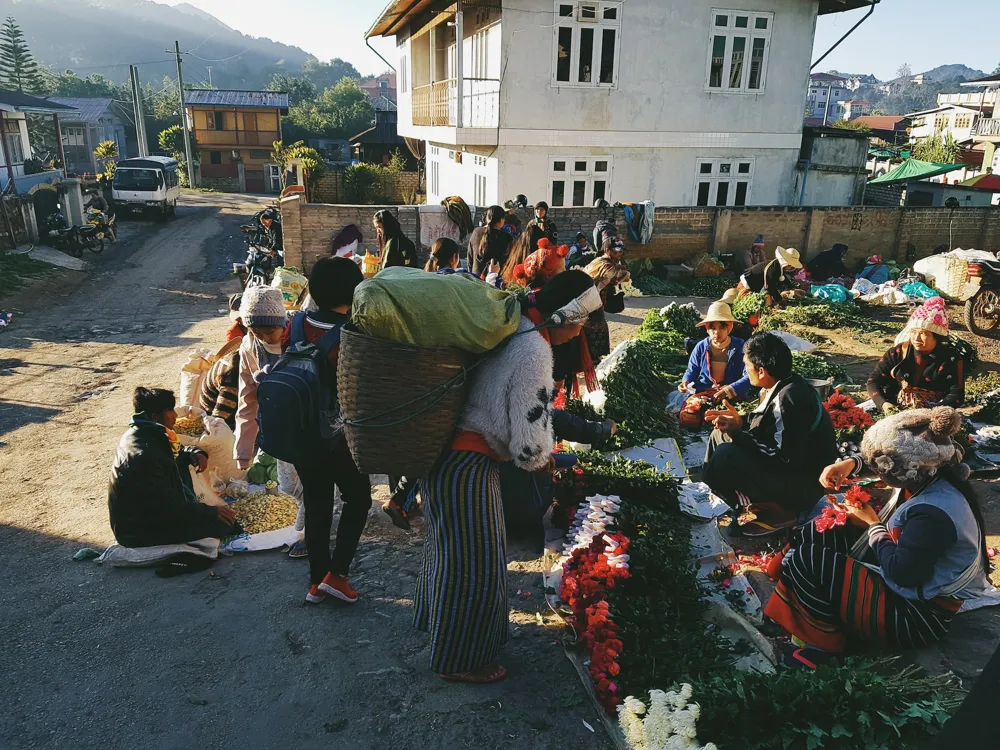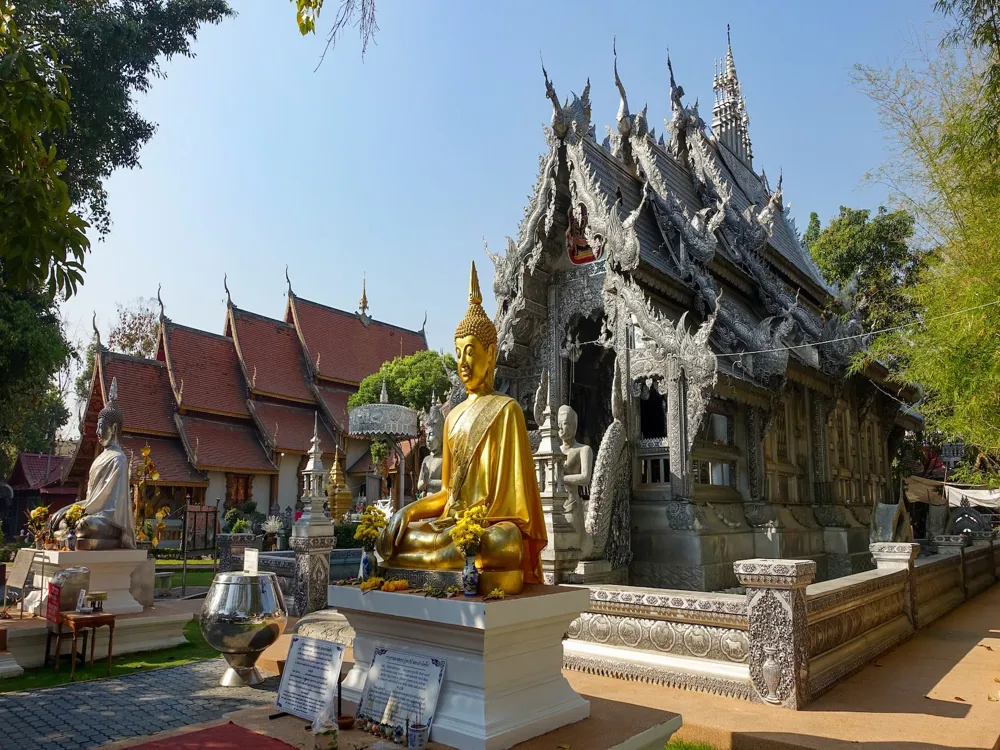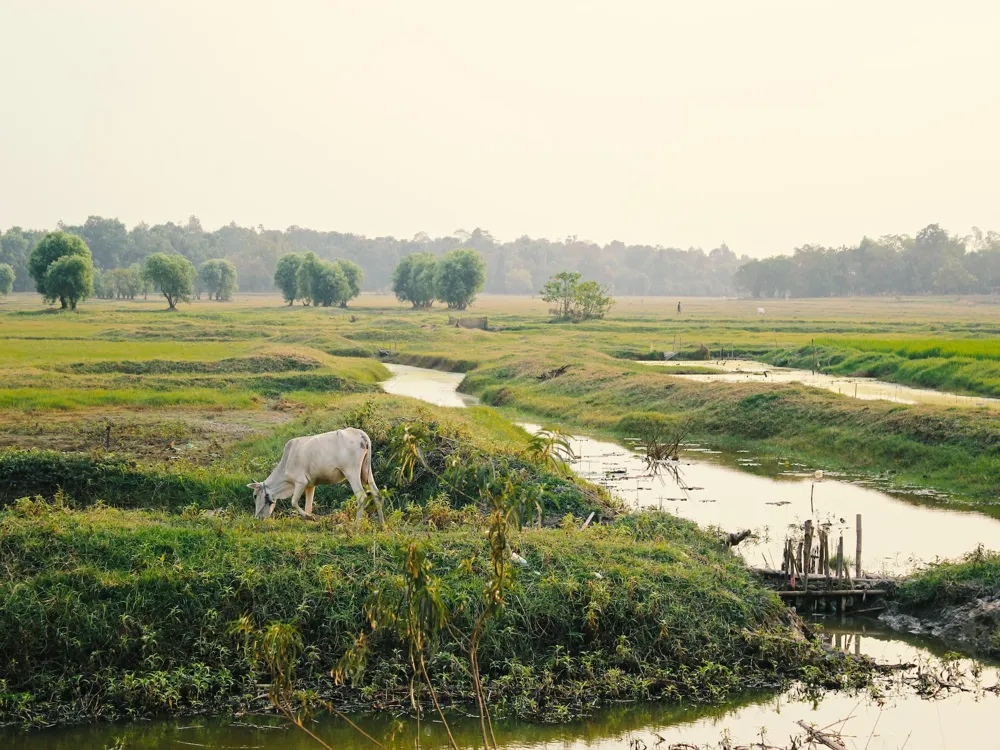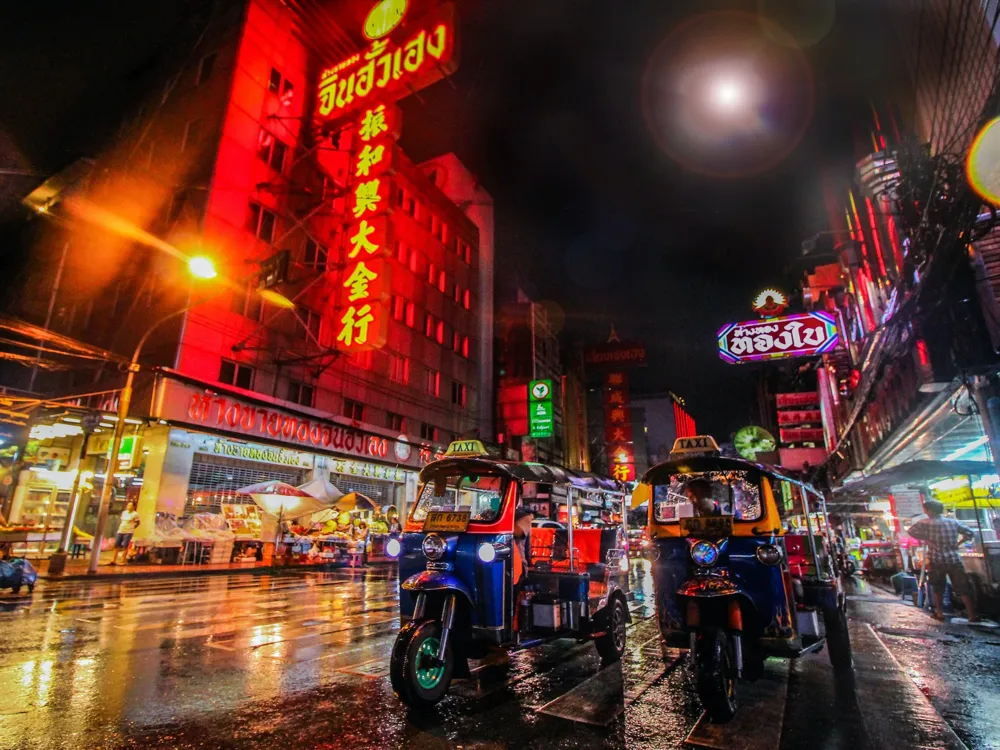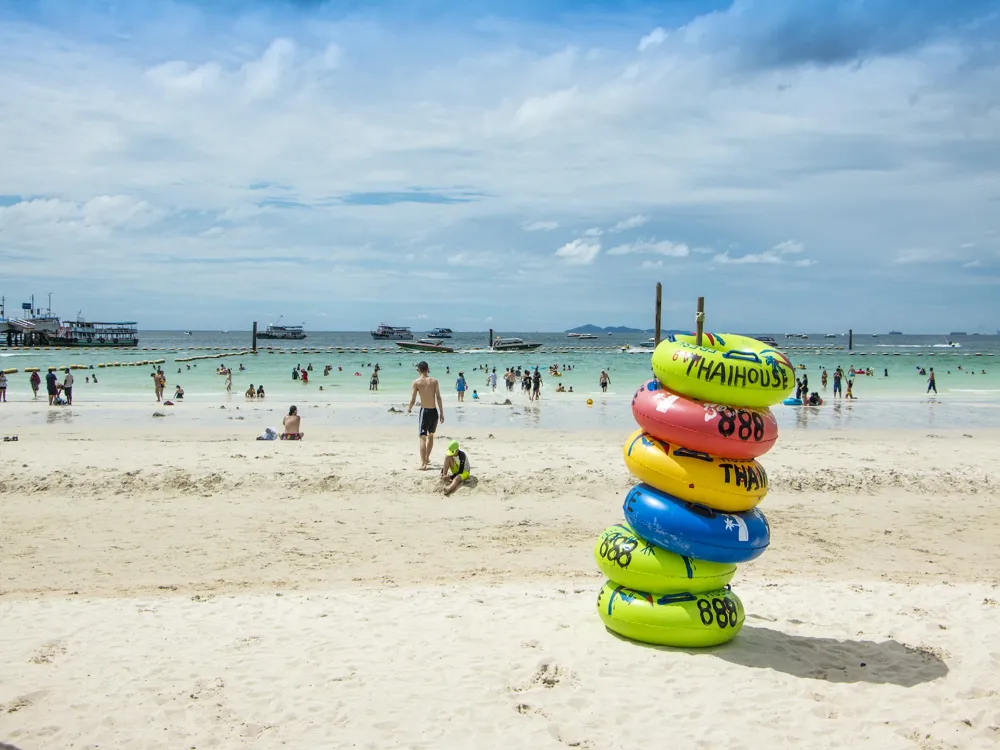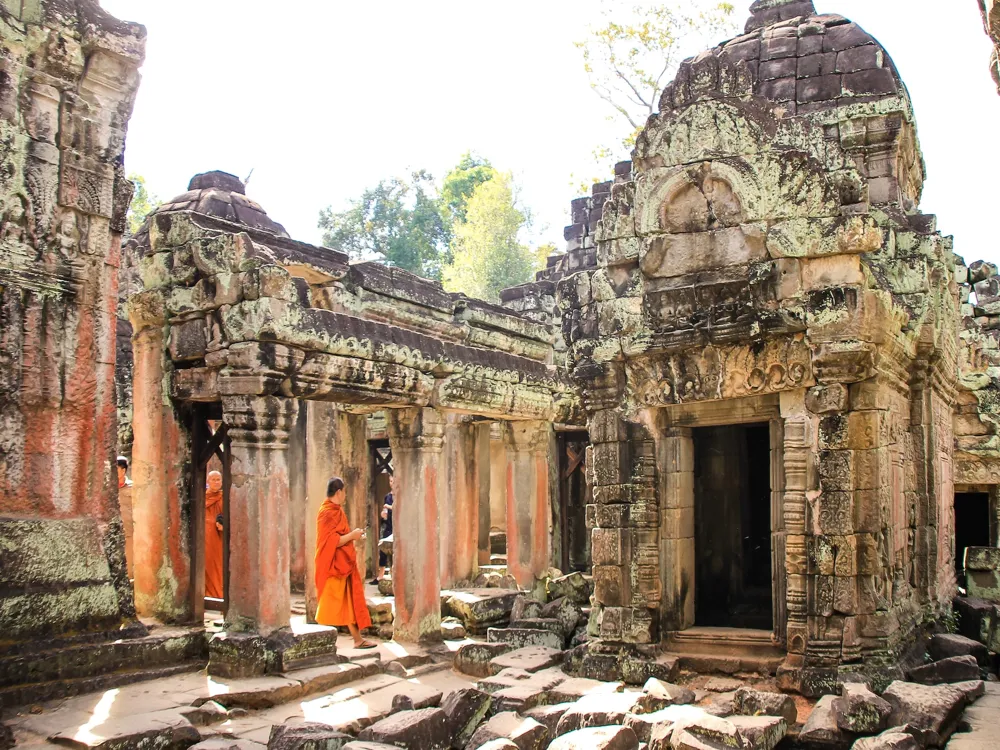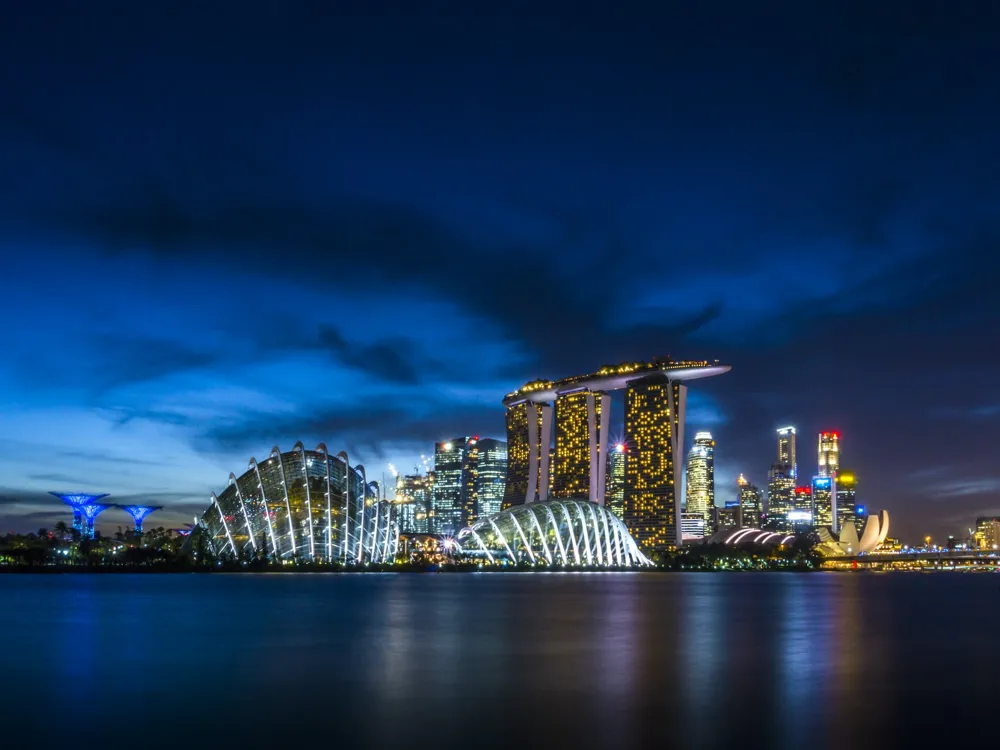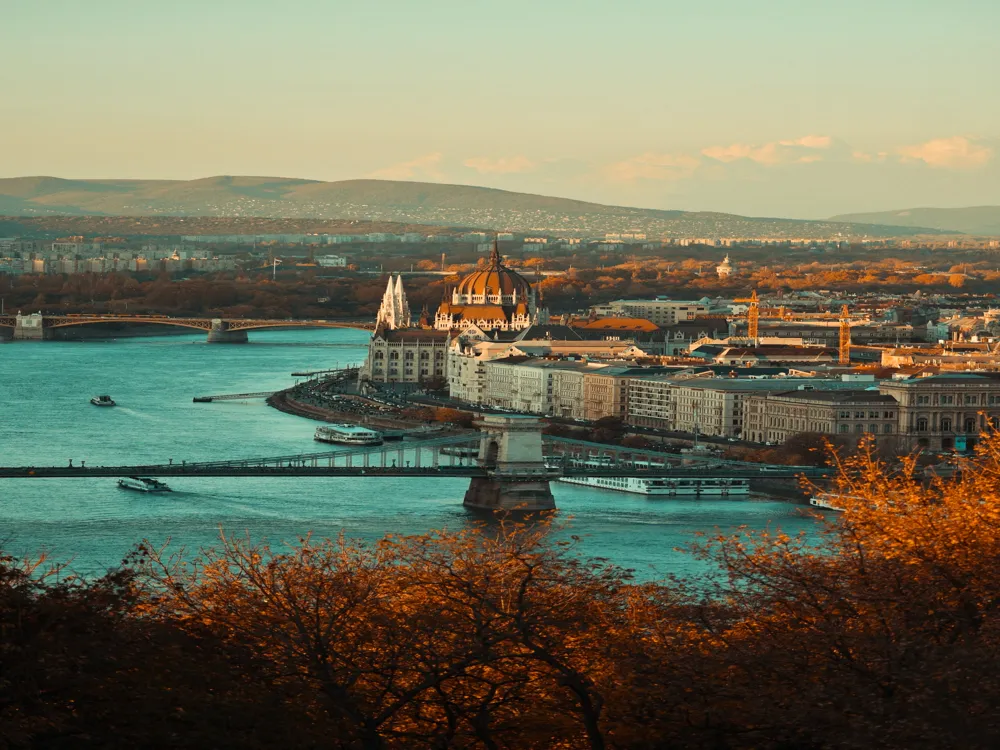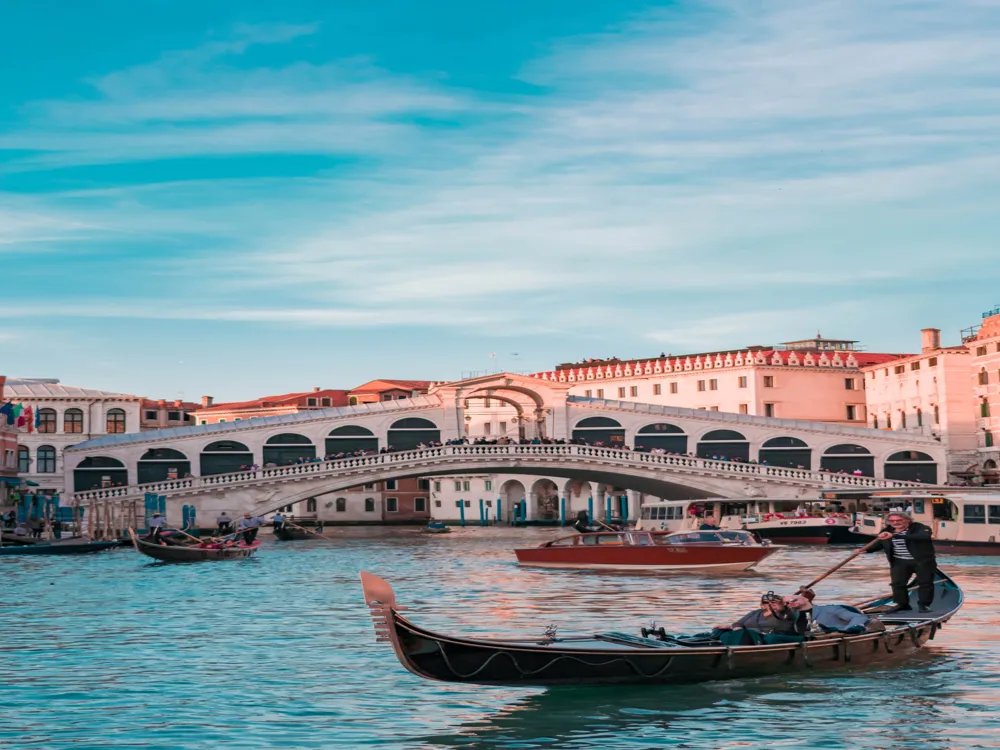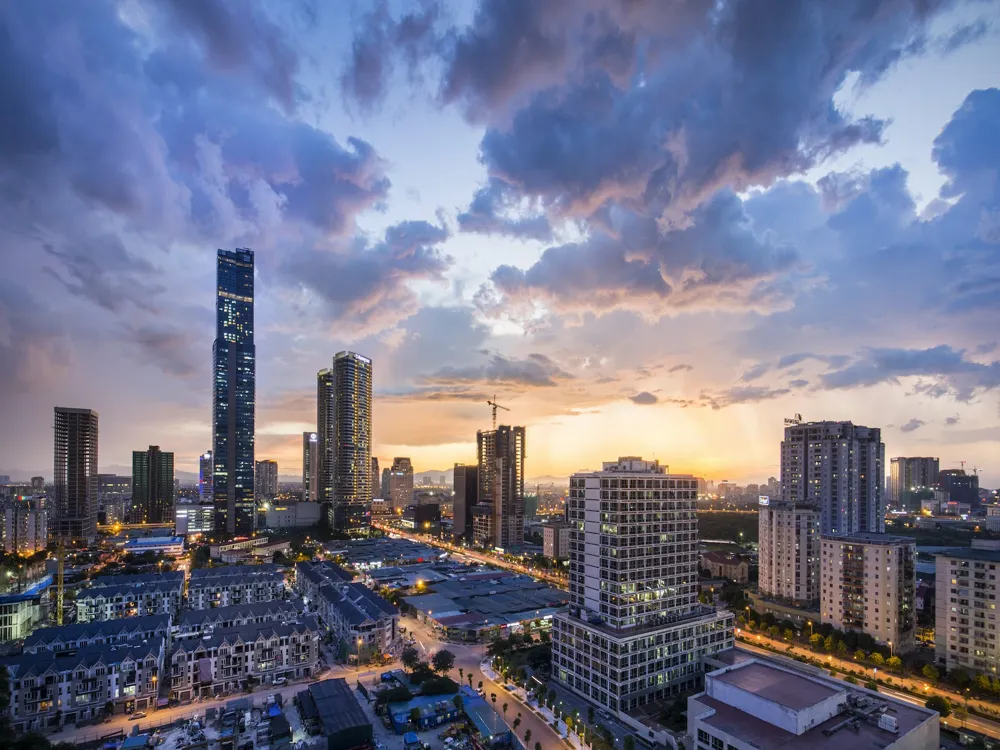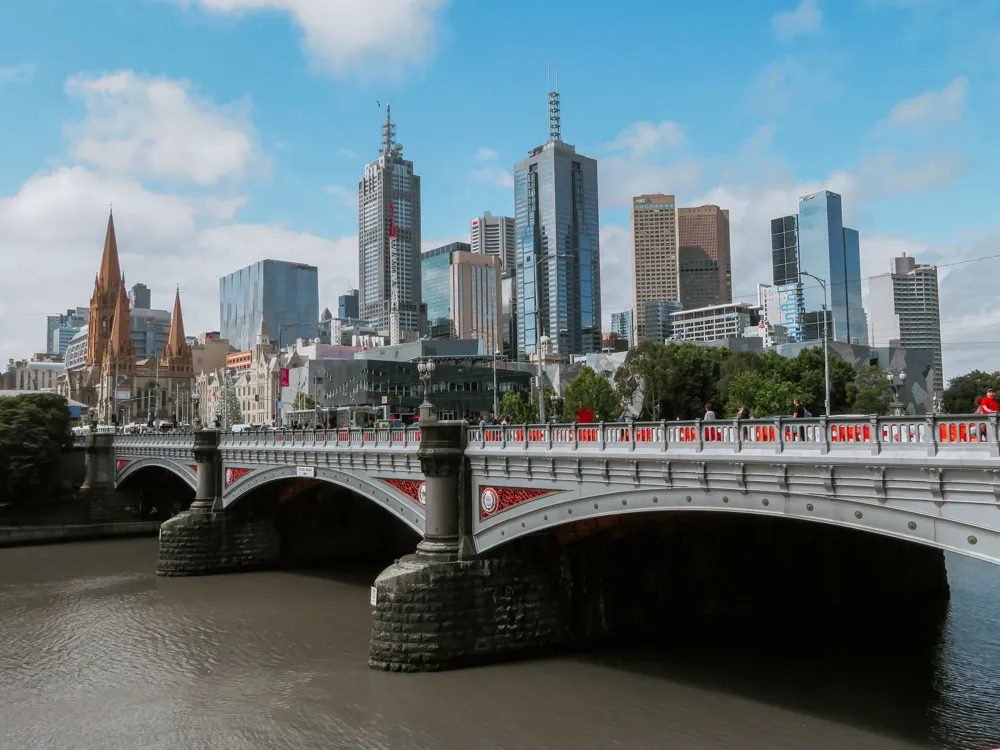The Kyaikthanlan Pagoda, a revered gem in Mawlamyine, Myanmar, stands as a symbol of spiritual significance and historical richness. Known as the highest pagoda in the city, it offers a panoramic view of the surrounding landscape, including the Thanlwin River, making it a must-visit destination for both pilgrims and tourists. Constructed in 875 AD, the pagoda has undergone several renovations, each adding layers to its historical and cultural importance. The pagoda is believed to enshrine a hair relic of the Buddha, further elevating its religious significance.
The Kyaikthanlan Pagoda's history is intertwined with the city's evolution. Over the centuries, it has witnessed numerous political and social changes, reflecting the enduring nature of Myanmar's cultural heritage. The pagoda's architecture is a testament to the skill and artistry of Burmese craftsmen. Its octagonal base, tapering spire, and intricate carvings are typical of the Mon style of architecture, a style which predates the more well-known Bagan style. The pagoda's golden spire, visible from various points in Mawlamyine, serves as a guiding beacon for locals and travelers alike.
The architectural splendor of Kyaikthanlan Pagoda is a remarkable fusion of ancient Burmese and Mon designs. The pagoda stands at an impressive height, crowned by a shimmering hti (umbrella-like structure) that is believed to house sacred relics. The base of the pagoda is surrounded by smaller shrines and statues, each intricately designed, showcasing the finesse of Burmese craftsmanship.
The pagoda's central stupa is a stunning example of Mon architectural influence. The stupa, with its bell-shaped dome, is adorned with intricate carvings and gold leaf, creating a mesmerizing effect when hit by sunlight. Around the stupa, there are numerous smaller stupas and prayer halls, each uniquely designed, providing visitors with a sense of the diversity and depth of Burmese religious architecture. The use of locally sourced materials and traditional construction techniques adds an authentic touch to the structure, making it a true representation of Myanmar's architectural heritage.
Visitors to Kyaikthanlan Pagoda should dress modestly, covering shoulders and knees. This is in respect of the pagoda’s religious significance. It's recommended to wear comfortable, easily removable footwear as shoes must be taken off before entering the pagoda complex.
The ideal time to visit the pagoda is early morning or late afternoon to avoid the midday heat and to experience the pagoda in different lighting conditions. The tranquil atmosphere during these times offers a more contemplative experience.
While visiting, it's important to show respect to the local customs and traditions. This includes speaking softly, not pointing your feet towards the Buddha images, and not climbing on or disrespecting the religious structures.
Kyaikthanlan Pagoda is accessible by various means of transportation. For international visitors, the closest airport is in Yangon. From Yangon, one can take a bus, car, or train to Mawlamyine. The journey offers a glimpse into the scenic beauty and cultural tapestry of Myanmar. Once in Mawlamyine, the pagoda can be reached by taxi, tuk-tuk, or even on foot from most parts of the city. The journey itself is an integral part of the experience, offering insights into the daily lives of the local people and the natural beauty of the region.
Overview of Kyaikthanlan Pagoda in Mawlamyine
Architecture of Kyaikthanlan Pagoda
Tips When Visiting Kyaikthanlan Pagoda
Dress Appropriately
Best Time to Visit
Respect Local Customs
How To Reach Kyaikthanlan Pagoda
Kyaikthanlan Pagoda
Mawlamyine
NaN onwards
View mawlamyine Packages
Weather :
Tags : Buddhist Temple
Opening hours : 8:00 AM - 5:00 PM
Ticket details : Free entry
Planning a Trip? Ask Your Question
Mawlamyine Travel Packages
View All Packages For Mawlamyine
Top Hotel Collections for Mawlamyine

Private Pool

Luxury Hotels

5-Star Hotels

Pet Friendly
Top Hotels Near Mawlamyine
Other Top Ranking Places In Mawlamyine
View All Places To Visit In mawlamyine
View mawlamyine Packages
Weather :
Tags : Buddhist Temple
Opening hours : 8:00 AM - 5:00 PM
Ticket details : Free entry
Planning a Trip? Ask Your Question
Mawlamyine Travel Packages
View All Packages For Mawlamyine
Top Hotel Collections for Mawlamyine

Private Pool

Luxury Hotels

5-Star Hotels

Pet Friendly







